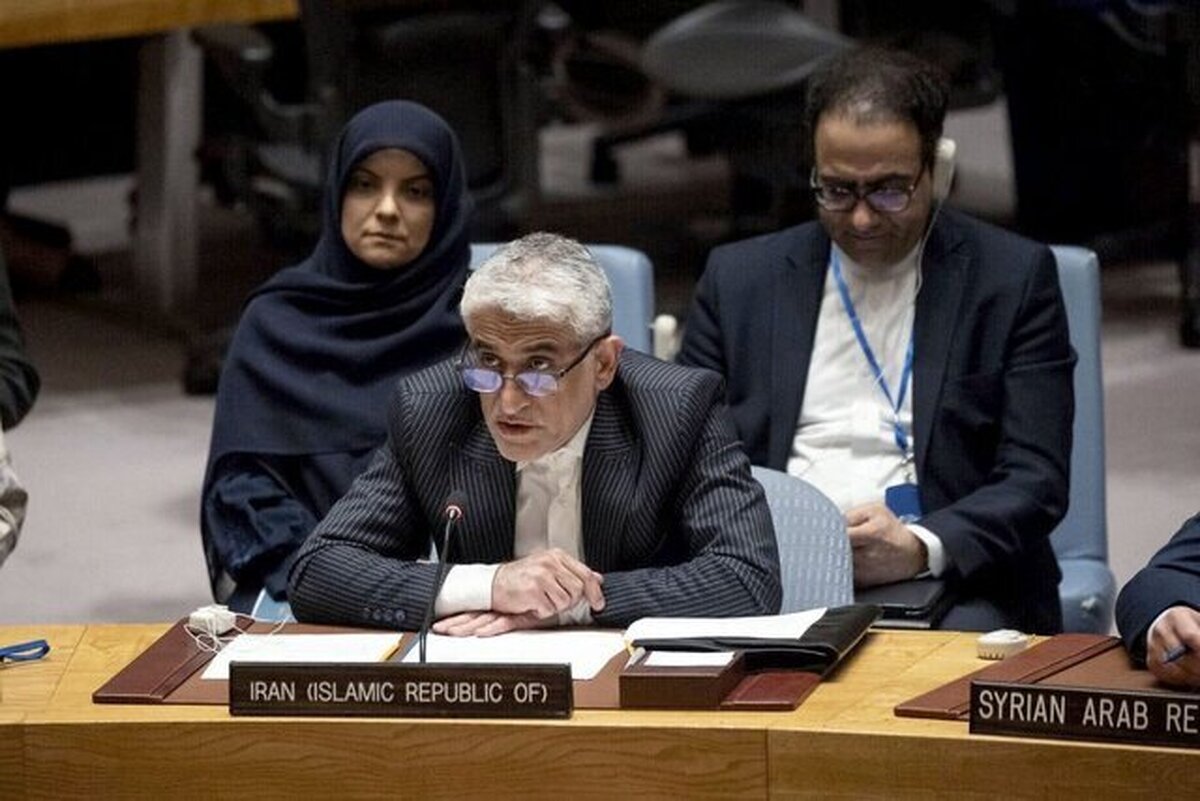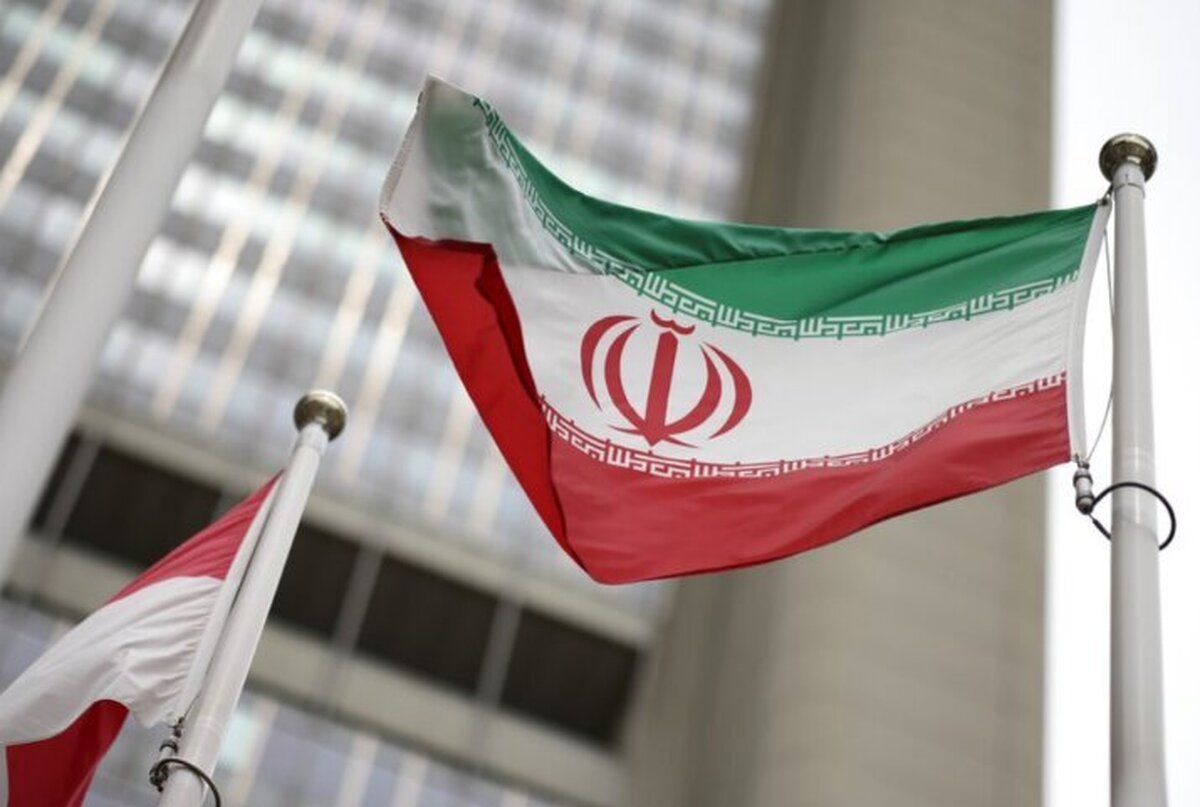
Russia seen putting new nuclear-capable missiles along NATO border by 2019
Russia is likely to deploy advanced nuclear-capable missiles in its European exclave of Kaliningrad by 2019, casting the move as a reply to a U.S.-backed missile shield, and may one day put them in Crimea too, sources close to its military predict.
According to ILNA, that would fuel what is already the worst standoff between Russia and the West since the Cold War and put a swathe of territory in NATO members Poland, Lithuania, Latvia and Estonia in the cross-hairs.
Russia would probably have deployed the missile -- called the Iskander, the Persian name for Alexander the Great -- in Kaliningrad regardless, and the targets it will cover can be struck by longer-range Russian missiles anyway.
But Russian and Western experts say the U.S.-backed shield, which Moscow says is aimed at blunting its own nuclear capabilities, gives the Kremlin the political cover it needs to justify something it was planning all along.
"The Russians plan to do a lot of things they have had in train for some time," said Steven Pifer, former U.S. ambassador to Ukraine, now a senior fellow at the Brookings Institution.
"There's a long history in Moscow of saying what they're doing is in response to what you guys did, even though they planned it in advance."
NATO is holding a summit in Warsaw next month to decide how best to deter Russia after Moscow's lightning annexation of Ukraine's Crimea in 2014. The United States, Britain and Germany have said they will command new battalions in Poland and the Baltics to send Moscow a message.
The summit may prompt Russia to announce counter-measures, but sources close to the Russian military believe Moscow will wait until a planned Polish missile defense site opens in late 2018 to unveil a more serious response.
The Kremlin has often threatened to put nuclear-capable Iskander-M missiles in Kaliningrad, a slice of Russia wedged between Poland and Lithuania, as a riposte to the shield, part of which went online in Romania last month.
But it has kept the West guessing about its real intentions.



